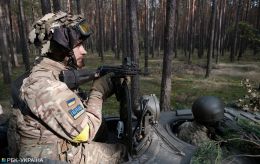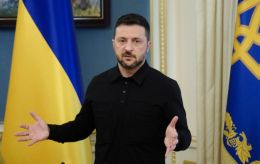Scholz's sorrows: Why elections in Germany may cause problems for Ukraine
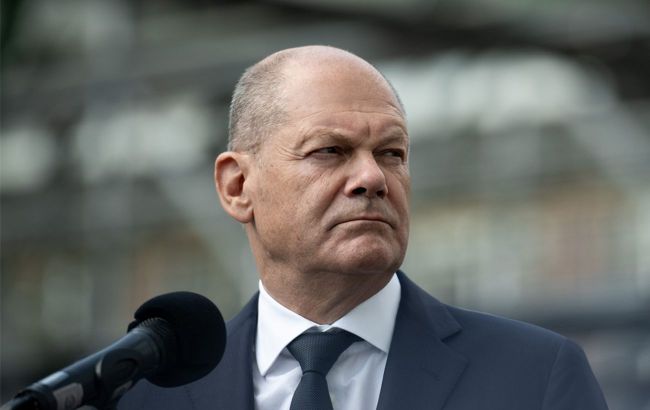 German Chancellor Olaf Scholz (Getty Images)
German Chancellor Olaf Scholz (Getty Images)
On September 1, Germany will hold local elections, which will serve as a marker of the political climate. What will they reveal, and why is it important for Ukraine? RBC-Ukraine covers the details below.
Contents
- Why local elections in Germany matter
- Coalition problems and opposition opportunities
- Ways out of crisis and Ukraine's role
- Why populists may break free from political isolation
Why local elections in Germany matter
On September 1, local elections will take place in two eastern German states—Thuringia and Saxony. While these regions have long been considered strongholds of populist forces, the election results will be indicative of the overall situation in Germany and public sentiment toward the government. Importantly, this could also impact Germany's support for Ukraine.
Germany is a federal republic, so local elections carry more weight than in most other European countries. The 16 regions have their own parliaments, prime ministers, and ministers. Although they do not directly influence foreign policy, they form the Bundesrat, a separate chamber of parliament, through which they can even veto laws.
On the other hand, elections always serve as a "litmus test" to gauge societal moods. National elections are scheduled in Germany for next year, and in this aspect, things are not looking great for the ruling coalition.
According to polls, the three parties forming the national government—the Social Democrats, Greens, and Free Democrats—might not even make it into the local parliaments, barely scraping the 5% threshold.
Meanwhile, the opposition Christian Democratic Union (CDU), which was led by Angela Merkel for many years, enjoys a record-high 30% support. The far-right populist Alternative for Germany (AfD), often described as close to neo-Nazism, holds 32%, and the left-wing populist Sarah Wagenknecht's Bloc garners 15%.
"This shows how German society, at least in certain regions, is inclined toward unproductive populist solutions," said Serhii Sumlennyi, director of the European Resilience Initiative Center in Berlin, in a comment to RBC-Ukraine.
At the national level, the situation isn't as dire, giving the ruling coalition some hope of staying afloat. However, preparations for the elections will undoubtedly influence the government's decisions in Berlin.
Coalition problems and opposition opportunities
Populist parties criticize almost every aspect of the ruling coalition's work, from migration policy to the economy and its related support for Ukraine.
The issue of migration gained new momentum this week after a terrorist attack in Solingen, where a man armed with a knife killed three people and injured eight more. The attacker was a 26-year-old Syrian citizen, allegedly linked to the terrorist group ISIS. Despite being slated for deportation last year, authorities couldn't locate him in the refugee shelter where he was supposed to await the decision.
Opposition leader Friedrich Merz of the CDU is calling for stricter deportation rules, a review of gun laws, and a total ban on accepting refugees from Syria and Afghanistan. However, Chancellor Olaf Scholz opposes such bans.
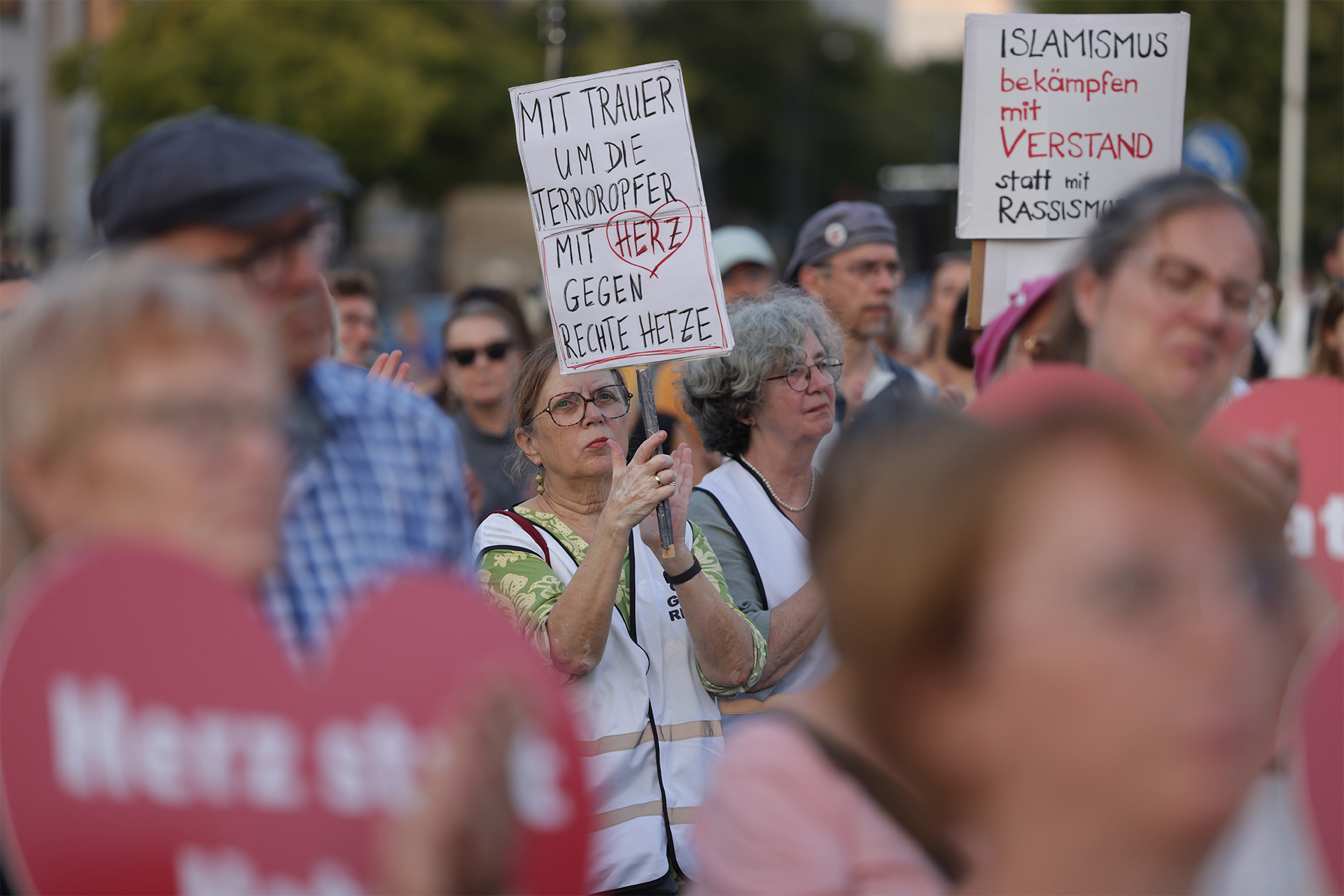
Berlin. Rally of solidarity with the victims of the terrorist attack in Solingen. The inscription on the poster: “With sorrow for the victims, with heart against the harassment of the right” (photo: Getty Images)
"This sluggishness, this three-headed coalition that quarrels among itself, then makes deals but doesn't follow through, creates an impression of mismanagement in Germany," said Ukrainian diplomat, Ambassador Extraordinary and Plenipotentiary of Ukraine, Andrii Veselovskyi to RBC-Ukraine.
For the junior partners in the ruling coalition, the drop in ratings is unpleasant but not critical. They have faced similar situations before and even failed to enter the national parliament. However, the Social Democrats under Scholz are now at their lowest ratings in the party's history. Once considered one of Germany's two "people's parties" alongside the CDU, the Social Democrats are now struggling.
Ways out of crisis and Ukraine's role
Each of the three coalition parties has its survival strategy, often conflicting with one another.
"Berlin today is like a swan, a crayfish, and a pike. A weak coalition of people who politically dislike each other," said Veselovskyi.
The coalition is somewhat united on budget austerity, especially with next year's budget planning underway. Budget hearings in the Bundestag will begin in mid-September, but some details are already known.
The federal government cannot increase the budget deficit beyond 0.35% of GDP, as the maximum limit is enshrined in the German constitution. The coalition parties agreed to maintain the "debt brake" principle in the 2025 budget, which limits government borrowing to finance the budget deficit. This includes plans to cut defense spending, with a significant portion of that budget allocated to aid for Ukraine.
On August 17, the Frankfurter Allgemeine Sonntagszeitung reported on a letter from the finance ministry stating that Germany would be unable to fund additional military aid to Ukraine beyond what is already planned. The preliminary budget for next year includes €4 billion, but additional aid packages may still be required.
This austerity approach was proposed by the Free Democratic Party, whose leader Christian Lindner heads the finance ministry. For many of their voters, budget discipline is as important as tax cuts.
However, Olaf Scholz later tweeted that Germany would continue to support Ukraine using frozen Russian assets. Meanwhile, Ukraine's foreign ministry called the claims of aid cessation manipulative, stating that they are closely monitoring the budget process, with final aid amounts to be determined in November.
This austerity stance contrasts with public sentiment. According to an April ZDF-Politbarometer poll, 42% of Germans support increasing Western military aid to Ukraine, while 31% believe it should remain at current levels.
The Social Democrats' motivations are more complex. According to Serhii Sumlennyi, the party leadership still views a Ukrainian victory over Russia, and Russia's defeat, as a worse scenario than Ukraine's prolonged struggle. Additionally, the Social Democrat leaders still believe that a "great Russia" is a necessary element of the world order.
"Scholz is trying to appeal to both left and right-wing populists, who essentially side with Moscow. It's no surprise that his party is in such a crisis because all his electoral strategies are flawed and toxic," Sumlennyi said.
The Greens, in this case, have an interesting position. While they verbally support aid to Ukraine, they don't block decisions to cut it. The party is essentially split into two factions. One understands the need to resist Moscow, while the other, a more left-leaning faction, prioritizes issues like the climate crisis and poverty over Russia's war against Ukraine.
Why populists may break free from political isolation
Local elections in Germany could create a dangerous precedent. Until now, the far-right AfD has remained politically isolated. Despite gaining significant voter support, other parties have consistently refused to form coalitions with them. Rare instances of joint voting have invariably led to political scandals and public outcry.
Now, the space for such maneuvers is shrinking. If the Social Democrats, Greens, and Free Democrats fail to enter the local parliaments, only three political forces remain: the respectable Christian Democrats, the far-right AfD, and the left-wing populist Sarah Wagenknecht's Bloc.
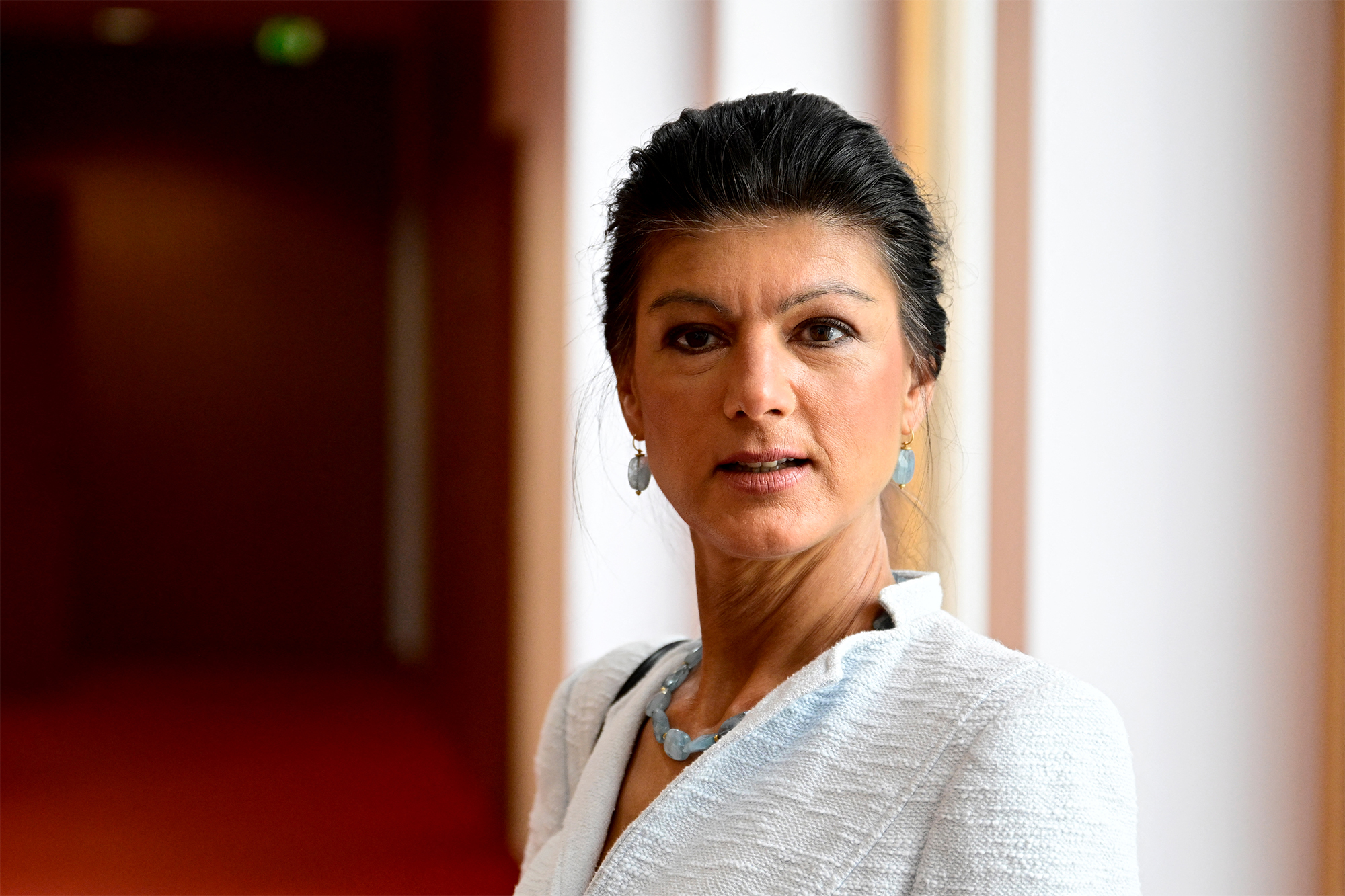
Sahra Wagenknecht (photo: Getty Images)
The last party deserves special attention. Its core is composed of former members of yet another pariah party, "The Left," which traces its roots back to the communist era when East Germany was part of the pro-Soviet bloc. "The Left" openly declared its support for Russia and consistently lobbied for Kremlin interests in Germany.
Sahra Wagenknecht led "The Left" party for many years, but last year she decided to establish her own political project, pulling along some of her allies. Thanks to rebranding, this new party has yet to acquire the same controversial reputation as "The Left" itself.
Traditionally in Germany, the party with the most votes in a coalition puts forward the prime minister. Therefore, there are practically three possible coalition scenarios:
1. Radical right- and left-wing populists unite under the leadership of the "Alternative for Germany" (AfD).
2. The AfD joins forces with the Christian Democrats (CDU), again with AfD in the lead.
3. The Christian Democrats and Wagenknecht's party form an alliance, with CDU taking the leadership role.
The third option is the most desirable for the Christian Democrats.
"They (CDU) have already said that for them, an alliance with these communist heirs would look more appealing than anything else. Because, first, they remain in government. And second, they find a younger party instead of the far-right," said Sumlennyi.
However, the question remains whether such a coalition is even needed by the far-left themselves. So far, Wagenknecht's Union is focused on gaining positions at the federal level in Germany. A local-level alliance with the old party could damage their reputation as a new opposition force.
In any case, political turbulence in Germany is growing, which poses a potential threat to stable support for Ukraine in the context of next year's parliamentary elections in the Federal Republic of Germany.
Sources: sociological surveys, materials from Spiegel, Frankfurter Allgemeine Zeitung, comments from the director of the European Resilience Initiative Center in Berlin Serhii Sumlennyi, and the Ambassador Extraordinary and Plenipotentiary of Ukraine, Andrii Veselovskyi.
